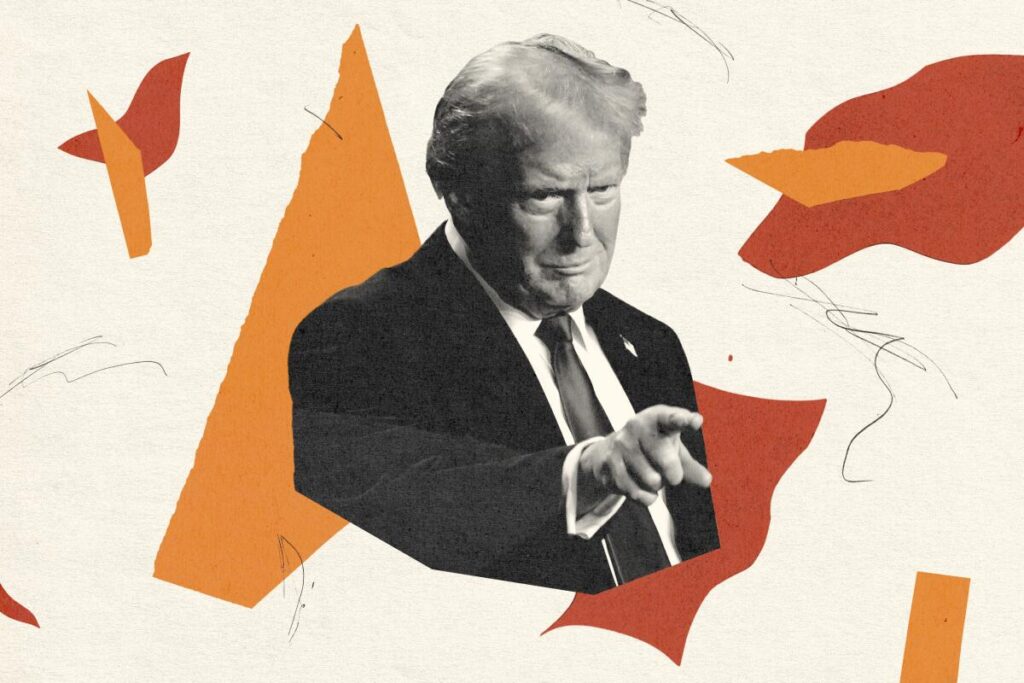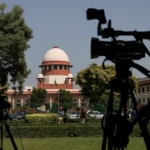In a significant shift in U.S. anti-corruption policy, President Donald Trump issued an executive order directing the Department of Justice to temporarily cease enforcement of the Foreign Corrupt Practices Act (FCPA), a cornerstone of American international business law since 1977. This development represents a substantial departure from nearly five decades of established anti-corruption enforcement practices in international business transactions.
The FCPA, enacted in response to widespread corporate bribery scandals in the 1970s, established the United States as a global leader in combating international corruption. The law’s fundamental provisions prohibit American companies, their officers, directors, employees, and agents, as well as certain foreign entities, from making payments or offering anything of value to foreign government officials to obtain or retain business. The 1998 amendments expanded the Act’s jurisdiction to include foreign companies and individuals who facilitate such corrupt payments while in U.S. territory.
President Trump’s rationale for suspending enforcement centered on economic competitiveness concerns, arguing that the FCPA places American businesses at a disadvantage in international markets. “It sounds good, but it hurts the country,” Trump stated during the signing ceremony at the White House. He emphasized that the law’s strict enforcement has deterred business activity, suggesting that executives fear legal consequences from routine international business communications.
The White House’s position, as articulated by an official to CNBC, frames the enforcement pause as an opportunity to “streamline” the FCPA to better align with economic interests and national security considerations. This perspective reflects a significant shift from the traditional view that anti-corruption enforcement serves both ethical and strategic U.S. interests by promoting fair competition and stable international markets.
The FCPA’s scope is notably comprehensive, encompassing not only completed bribe payments but also attempted, promised, or authorized corrupt payments. The law’s definition of prohibited conduct is deliberately broad, capturing various forms of improper influence over foreign official decision-making. Violations can result in severe criminal penalties, including imprisonment for up to 15 years and fines of either $250,000 or triple the value of the prohibited payment, whichever is greater.
Recent enforcement statistics underscore the Act’s continued significance in U.S. anti-corruption efforts, with the Department of Justice pursuing 24 enforcement actions in 2024, an increase from 17 cases in 2023. This enforcement pattern demonstrates the law’s active role in regulating international business practices prior to the executive order.
The temporary suspension of FCPA enforcement raises complex legal and policy questions about the balance between promoting U.S. business interests and maintaining the country’s leadership role in global anti-corruption efforts. Legal scholars and practitioners will likely scrutinize how this pause affects ongoing investigations, corporate compliance programs, and international anti-corruption cooperation frameworks that have developed around FCPA enforcement practices.
This development may have particular significance for corporate compliance officers and legal counsel, who must now navigate uncertainty about enforcement priorities while maintaining robust anti-corruption programs. The situation also presents complex questions about the United States’ obligations under international anti-corruption conventions and the potential impact on bilateral relationships with countries that have modeled their anti-corruption frameworks on the FCPA.
Furthermore, the enforcement pause could influence how other nations approach their own anti-corruption enforcement efforts, potentially affecting the global regulatory landscape for international business transactions. This shift may also impact the development of corporate compliance standards and risk assessment practices that have evolved around FCPA requirements over the past several decades.








